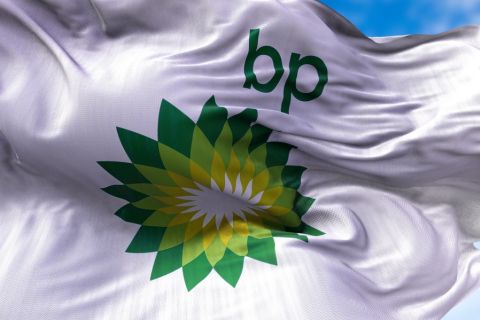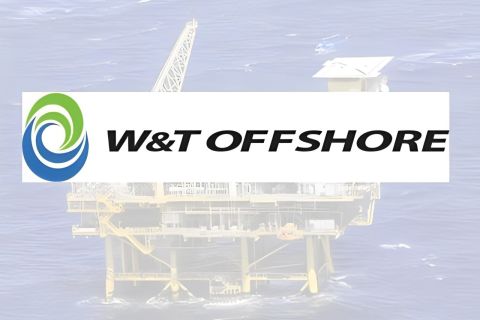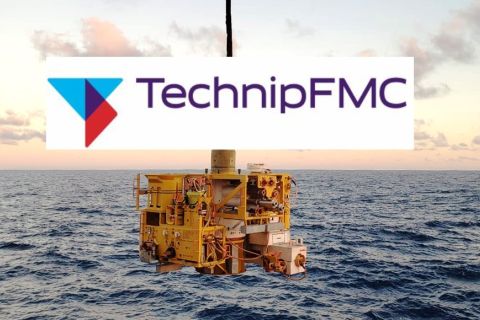Norway’s Aker BP will boost its dividend payments between now and 2023 and step up its investment spending in developing offshore oil and gas fields next year, the independent oil company said on Jan. 17.
The result of a 2016 merger between the Norwegian operations of BP (NYSE: BP) and the Det norske oil firm owned by Norwegian billionaire Kjell Inge Roekke, Aker BP has become the second largest license holder on the Norwegian continental shelf.
While Aker BP expects its output to be broadly flat year-on- year in 2019 at between 155,000 and 160,000 barrels of oil equivalent per day (boe/d), it aims to about triple the production to around 440,000 boe/d by 2025.
After paying a dividend of $450 million for 2018, the company aims to raise its 2019 payout to $750 million, $200 million more than previously planned, and then gradually increase it to $1.15 billion in 2023, it said.
“We believe this to be a robust plan... based on strong cash flows,” Aker BP CEO Karl Johnny Hersvik told investors during a strategy update.
“We see significant growth from the excellent pipeline of projects at break-even price of below $35 a barrel,” he added.
The aggressive dividend policy sent Oslo-listed Aker BP shares up 4.6% by 0947 GMT, strongly outperforming the overall European oil and gas index which was up 0.4%.
The company said it would also raise its capex by a third to $1.6 billion between 2018 and 2019, and plans to boost exploration spending by 40% to $500 million over the same period.
Aker BP aims to drill 15 exploration wells this year, including several wells which were postponed in 2018.
Aker BP also announced on Jan. 17 a target to reduce its production cost per barrel to $7 a barrel by 2025 from $12.5 a barrel this year.
Production costs are rising slightly in 2019 from $12 a barrel last year due to increased maintenance at Ula and Valhall fields to prepare for future tie-ins of nearby discoveries, it said.
Holding company Aker ASA, controlled by Roekke, owns a 40% stake in Aker BP, while BP owns 30%.
Recommended Reading
BP’s Kate Thomson Promoted to CFO, Joins Board
2024-02-05 - Before becoming BP’s interim CFO in September 2023, Kate Thomson served as senior vice president of finance for production and operations.
Will the Ends Justify the Means for W&T Offshore?
2024-03-11 - After several acquisitions toward the end of 2023, W&T Offshore executives say the offshore E&P is poised for a bounce-back year in 2024.
President: Financial Debt for Mexico's Pemex Totaled $106.8B End of 2023
2024-02-21 - President Andres Manuel Lopez Obrador revealed the debt data in a chart from a presentation on Pemex at a government press conference.
From Restructuring to Reinvention, Weatherford Upbeat on Upcycle
2024-02-11 - Weatherford CEO Girish Saligram charts course for growth as the company looks to enter the third year of what appears to be a long upcycle.
TechnipFMC Eyes $30B in Subsea Orders by 2025
2024-02-23 - TechnipFMC is capitalizing on an industry shift in spending to offshore projects from land projects.




